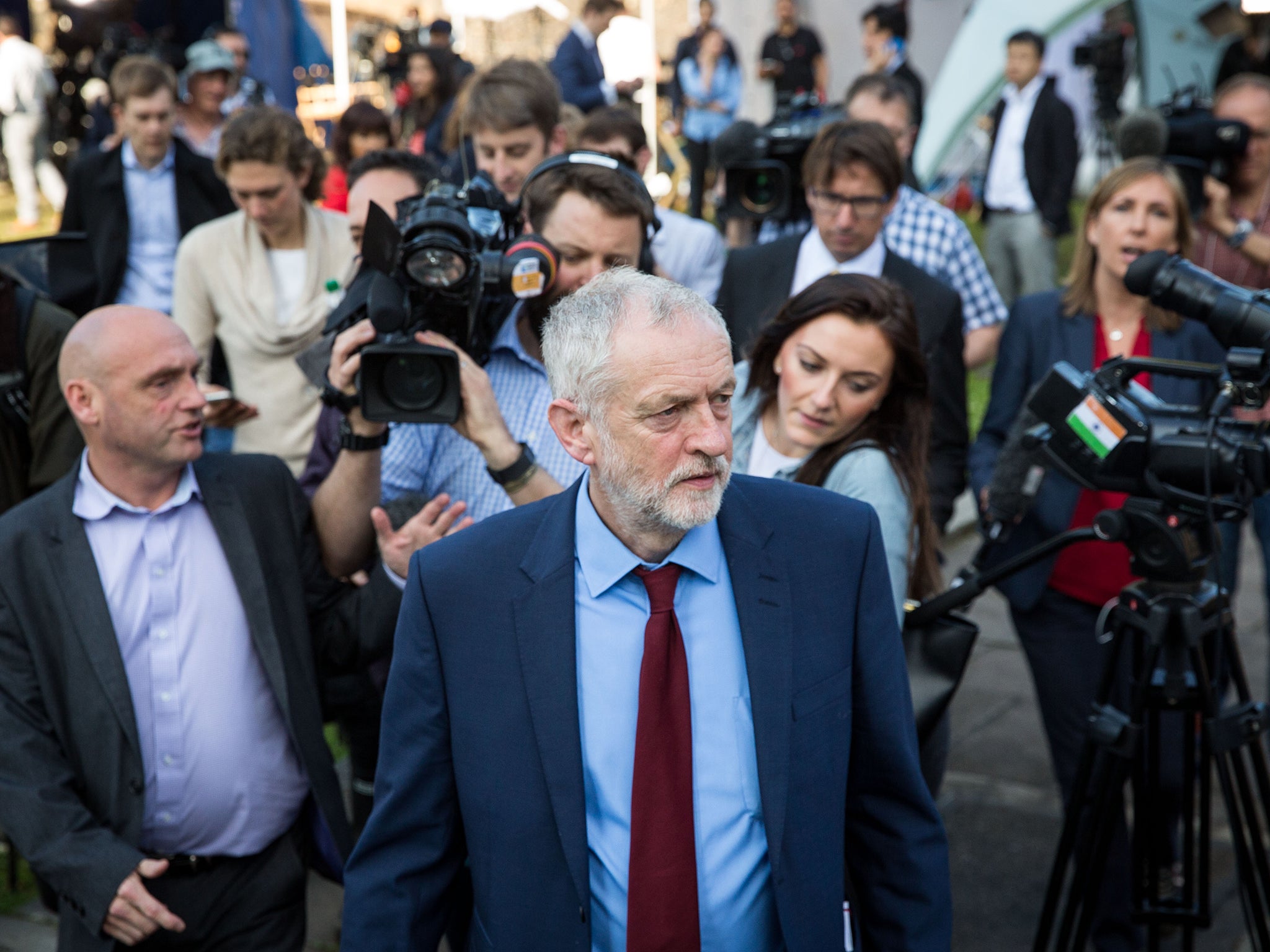There is a chance here for major political realignment, if any leader can seize it
By dividing the nation between supporters of an 'open' and 'closed' Britain, the referendum emphasised that the old party lines may not match the needs of effective democracy

A realignment of British politics has been imagined, advocated and hoped for over the ages. The rise of the Labour Party, displacing the Liberals, was the last big UK-wide example. It coincided, roughly, with a nationalist realignment in Ireland. And it could be argued that the recent rise of the SNP in Scotland was another.
The main recent chance of a reconfiguration of parties, the creation of the Social Democratic Party in 1981, ended in retreat. Indeed, its delayed fruition in the form of a coalition government in 2010 ended in the crushing of the successor party, the Liberal Democrats.
The plurality voting system severely inhibits the creation of successful new UK parties. The attempt to change the system in 2011 – to a system that would barely have made it easier – seemed to put an end to that route toward realignment.
At the very least, the Brexit vote offers Tim Farron a chance to revive his party’s fortunes
Now the referendum vote to leave the European Union has broken open the possibilities of change once more. At the very least, it offers Tim Farron a chance to revive his party’s fortunes, which he seized yesterday by saying that the Liberal Democrats would take Britain back into the EU.
More than that, though, Thursday’s vote cut across party lines and potentially triggered leadership contests in the two largest parties. Not for the first time, it has been observed that liberal, pro-EU Conservatives have more in common with centrist, pro-EU Labour MPs than either group has with the other wings of their own parties.
Since last August, the Labour Party has also found itself in an acute version of the condition it suffered under Ed Miliband: of having as leader someone who commanded the confidence of a minority of Labour MPs. That has led to speculation that some of the MPs who did not vote for Jeremy Corbyn as leader might break away to form a parliamentary party of their own. Without any organised support in the country, not even a trade union or two, and with the experience of the SDP in mind, however, they have not been tempted so far.
Liberal, pro-EU Tories have more in common with centrist, pro-EU Labour MPs than either group has with the other wings of their own parties
It may be that, if another consequence of the referendum is an early general election, this would concentrate their minds. It has certainly lent urgency to Margaret Hodge’s attempt to start a challenge to Mr Corbyn’s leadership.
If there is an early election, there may not be time for the creation of new parties, but the shock of the referendum is certainly a chance to rethink party labels. First, because the vote revealed such a gulf between a majority of the British people and the leaderships of the three main UK parties at Westminster. The Conservatives have responded by changing their leader. Labour responded by reinterpreting Mr Corbyn’s “reluctant Remainer” position as “closer to the national mood than any other leader of a major party”, as Diane Abbott put it. And Mr Farron stepped in to fill a gap for a party that refuses to accept the verdict of the people.
Second, by dividing the nation between supporters of an “open” and “closed” Britain, the referendum emphasised that the old party lines may not match the needs of effective democracy. Politics has entered one of those fluid periods when old ideas seem broken and anything seems possible.
Now is the time for leadership: let us hear from those who have ideas for the realignment of party boundaries.
Join our commenting forum
Join thought-provoking conversations, follow other Independent readers and see their replies
Comments